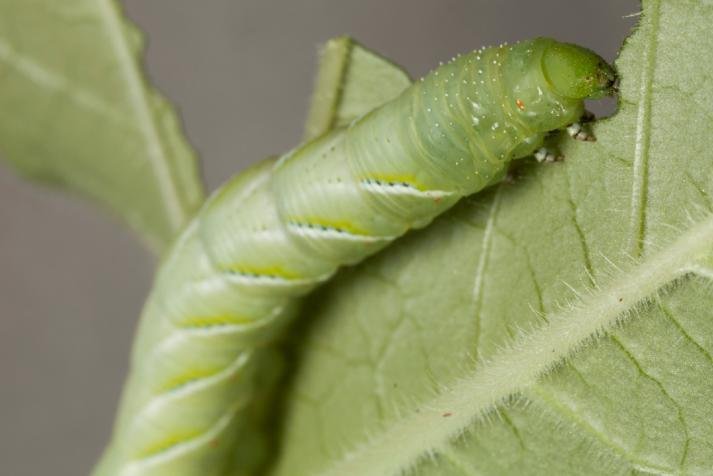Aug. 22 (UPI) -- A new study has shown that caterpillars have significantly less bacteria and fungi inhabiting their gut than other animals.
Scientists at the University of Colorado Boulder say that the microbiome caterpillars do have serves no real role aside from causing disease.















